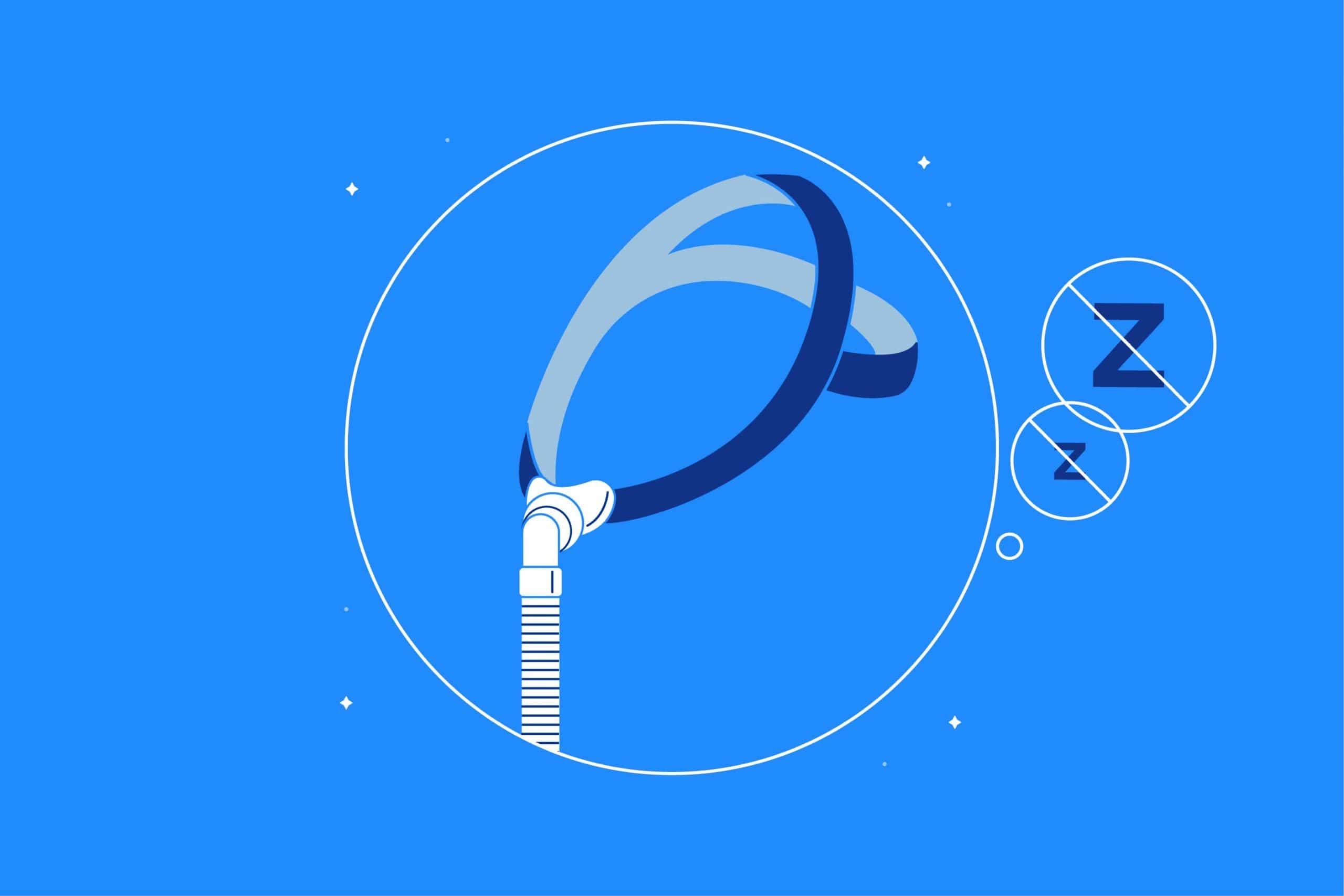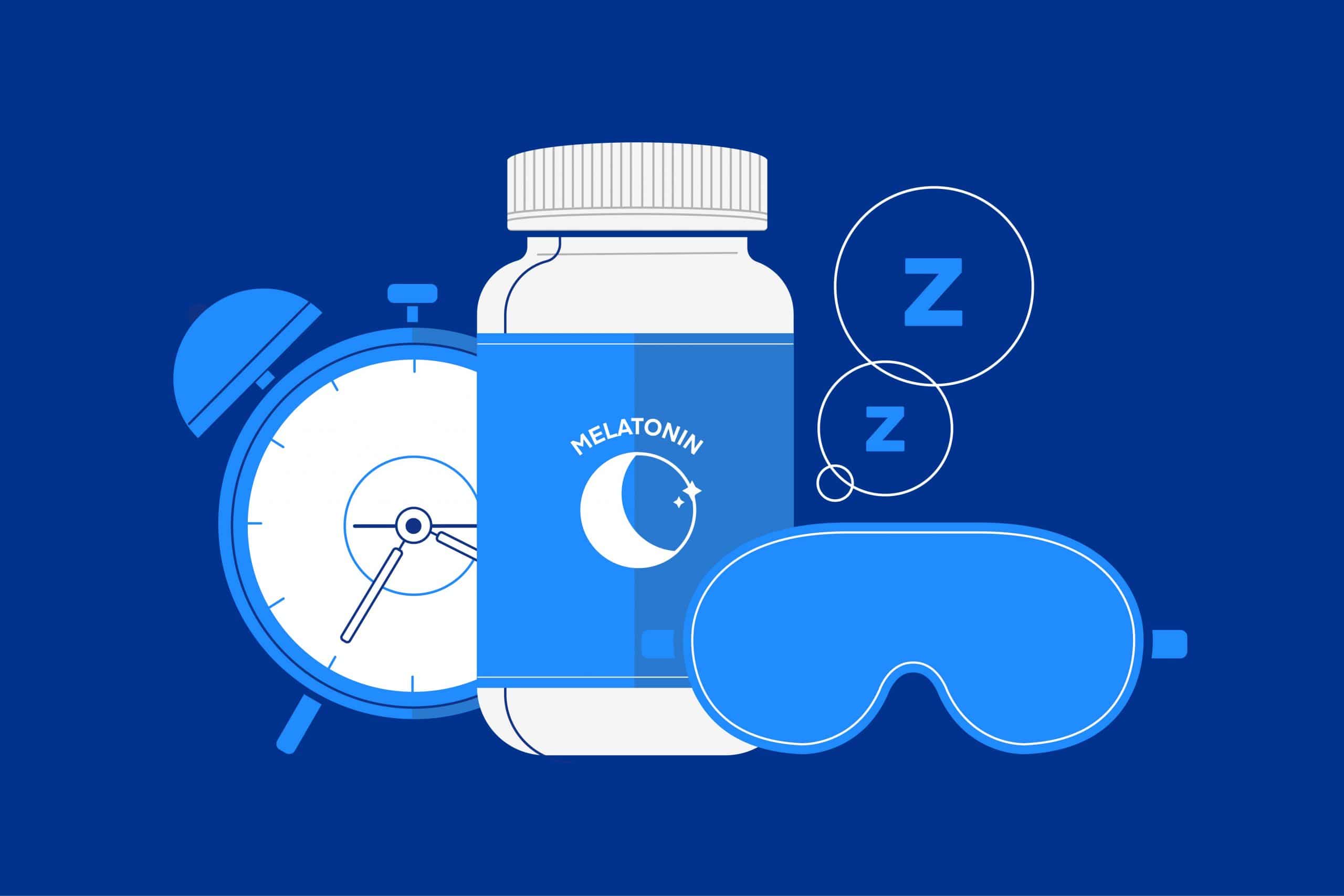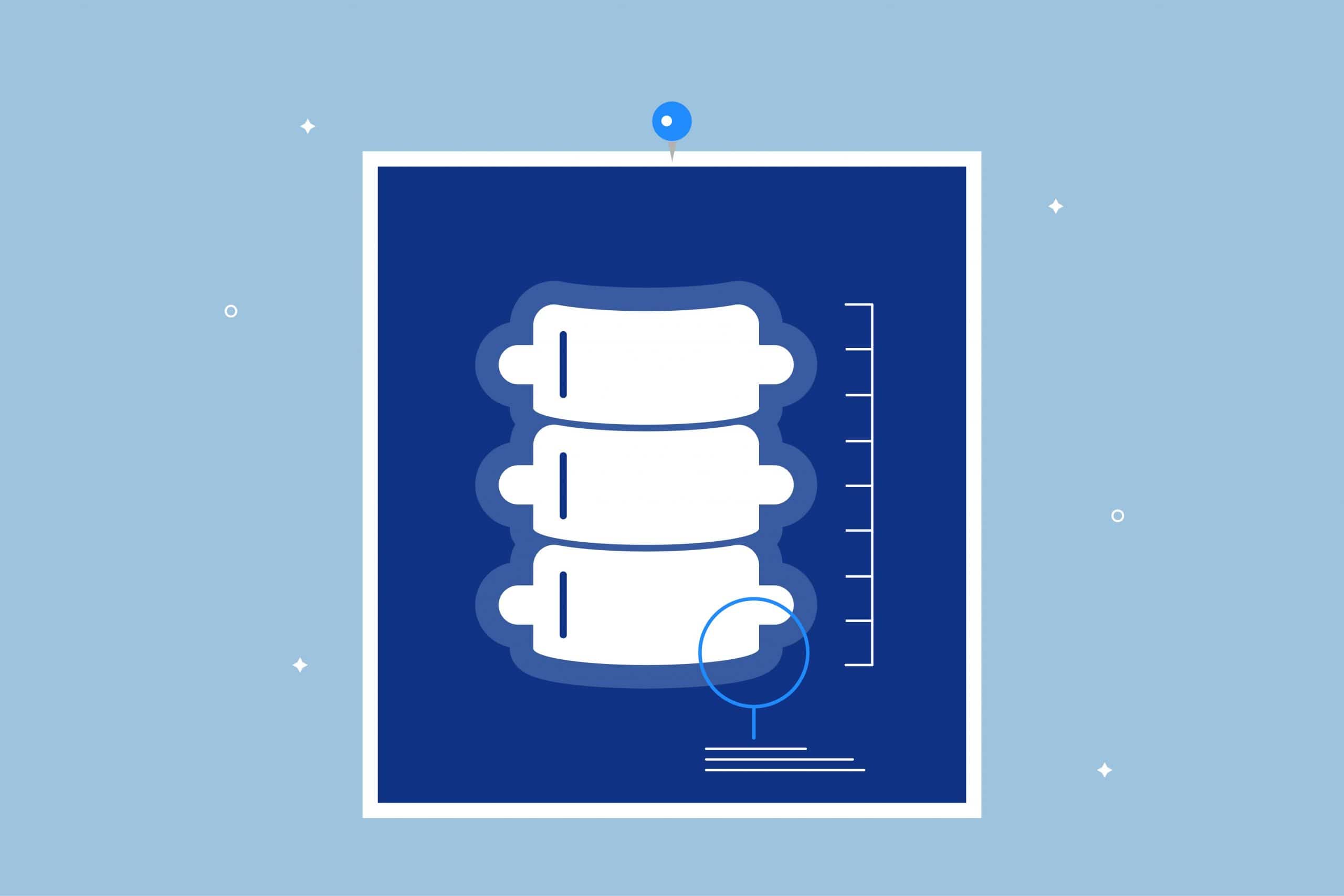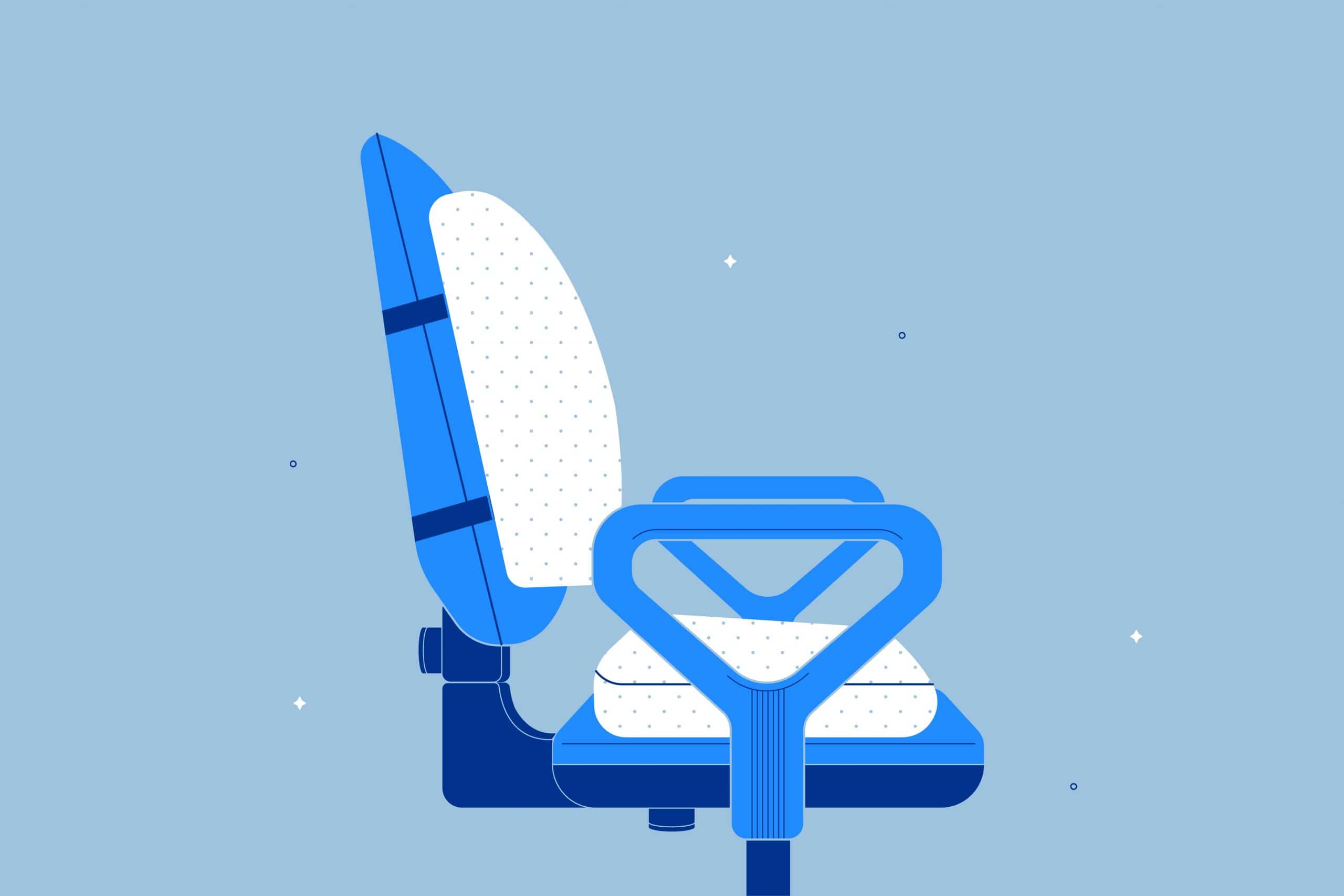There’s snoring, and then there’s SNORING. You know, the kind that your partner or family members complain to you about, and that sometimes even wakes you up at night.
But if you persistently experience heavy-duty snoring, the nose noise might be more than just a nuisance. You could be suffering from sleep apnea, a sleep disorder that’s considered to be a serious medical condition. Heres what you need to know—and how to find relief.
What exactly is sleep apnea?
Sleep apnea is a potentially serious sleep disorder where breathing repeatedly starts and stops. (The “apnea” refers to a pause in breathing that lasts for at least ten seconds.) There are two main types, both of which are characterized by loud, heavy snoring:
- Obstructive sleep apnea is the more common form of sleep apnea. It occurs when the muscles in the back of the throat relax, blocking the airway.
- Central sleep apnea is much less common. It occurs when the brain fails to send the proper signals to the muscles that control breathing.
What’s more, the condition is shockingly common. According to the National Sleep Foundation, over 18 million adults suffer from sleep apnea, while many more may remain undiagnosed.
What causes obstructive sleep apnea?
Obstructive sleep apnea occurs when the muscles in the back of your throat relax, causing your airway to narrow. That makes it harder to breathe, resulting in lower levels of oxygen in your blood.
Since a lower blood oxygen level is a major red flag, your brain is alerted ASAP. Once your brain gets the signal, it tries to get more air by waking you up. Often, these wake-ups occur with a snorting, choking, or gasping sound—and can happen up to 30 times per hour.
What’s more, each wake-up is super short. So short, in fact, that you don’t even notice them, and might still think you’re getting a full night’s rest. But in fact, your sleep is highly disrupted, and you end up feeling tired the next day.
So how do you end up with sleep apnea, anyway? There are a number of factors that can increase your risk:
- Jaw or throat size: Having a small upper airway, recessed chin, small jaw, or large overbite are all sleep apnea culprits.
- Being overweight: Fat around your upper airway may obstruct your breathing.
- Having a large neck circumference: Men with a neck size greater than 17 inches and women with a neck size greater than 16 inches may have narrower airways.
- Age: Your odds for developing sleep apnea increase after age 60.
- Being male: Men are twice as likely as women to develop sleep apnea.
- Ethnicity: African Americans, Pacific Islanders, and Hispanics have an increased risk for sleep apnea.
- Family history: Sleep apnea seems to run in families.
Do I have sleep apnea?
Loud, heavy snoring might be the classic sign of obstructive sleep apnea, but it isn’t the only one. Other common symptoms include:
- Excessive daytime sleepiness: Frequent nighttime wake-ups can disrupt your sleep cycle and cause fragmented sleep.
- Moodiness, irritability, or difficulty concentrating: All are common consequences of sleep deprivation.
- Choking or gasping in the middle of the night: These are signs that you’ve temporarily stopped breathing (though they’re typically only noticeable by another person).
- Feeling crappy when you wake up: Think dry mouth, sore throat, or morning headaches. Blech.
Why getting diagnosed matters
Untreated sleep apnea can wreck your sleep, causing you to feel drowsy, fatigued, or irritable during the day. It can also make it harder to focus at work, and could even increase your risk for falling asleep while driving.
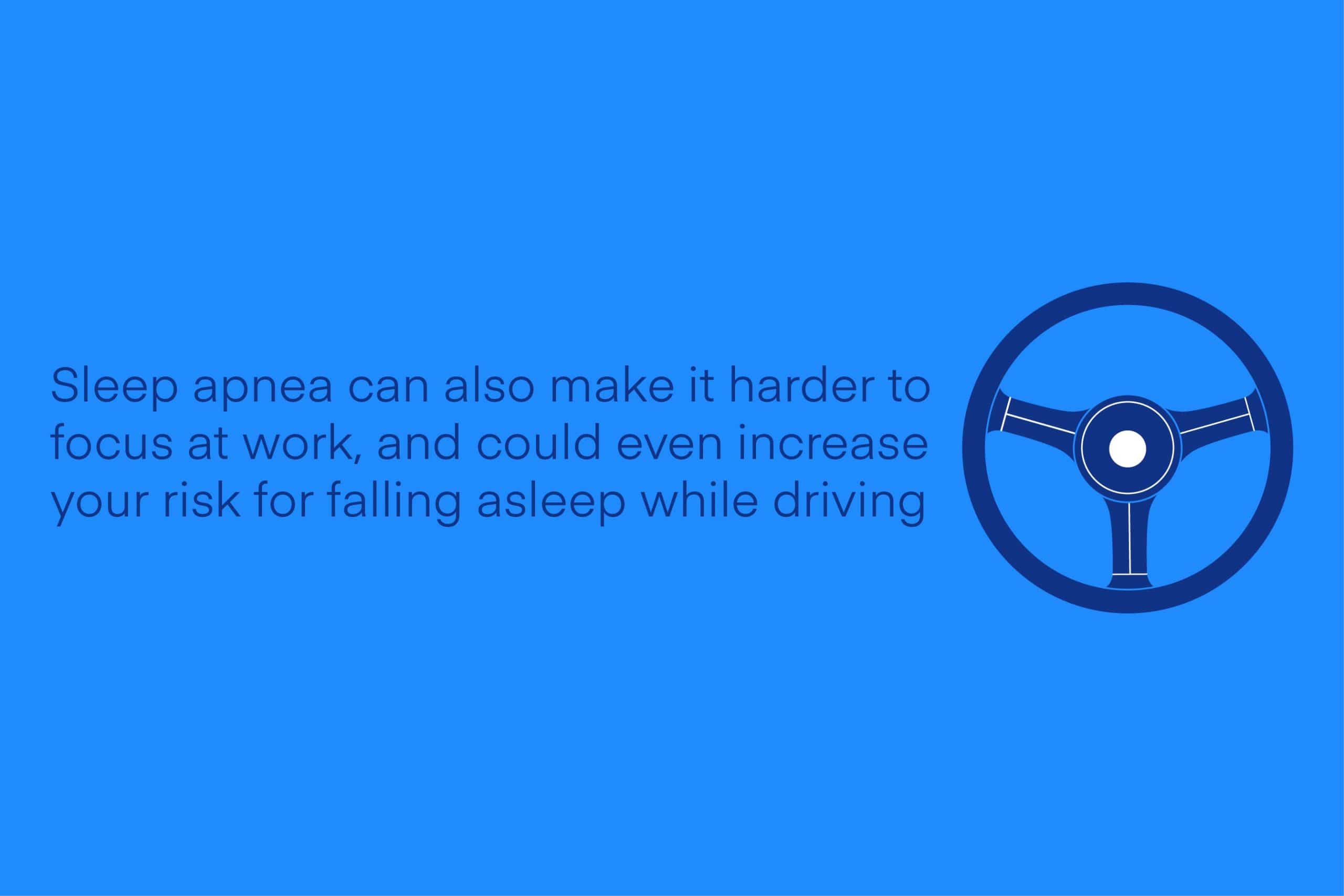
And as if all that wasn’t enough, sleep apnea may also up your odds for developing other health complications, including:
- High blood pressure and stroke: Sudden drops in blood oxygen levels can raise your blood pressure. Over time, that can strain your cardiovascular system and put you at risk for having a stroke.
- Other cardiac events: Research suggests that obstructive sleep apnea is associated with an increased risk of atrial fibrillation, congestive heart failure, and other vascular diseases.
- Surgery complications: People with sleep apnea may be more likely to experience complications during major surgery because they’re prone to breathing problems, especially when sedated.
- Liver problems: People with sleep apnea are more likely to have scarring on their livers.
- Sleep-deprived partners: Loud snoring caused by sleep apnea can make it difficult for those around you to get a restful night’s sleep.
So how can you get diagnosed? Despite the fact that sleep apnea boasts several tell-tale symptoms, the only way to know for sure whether you have the condition is by undergoing a sleep study. Typically conducted overnight at a sleep center, a sleep study records your activity during sleep.
For several hours, sensors help sleep technologists track your brain waves, eye and chin movements, heart rate and rhythm, respiration, blood oxygen levels, and leg movements. When put together, the data can be used to confirm a sleep apnea diagnosis and determine how serious your case is.
Treating sleep apnea
Once you’ve been diagnosed with sleep apnea, you can start on the road to sleeping more soundly. If you have mild sleep apnea, simple lifestyle changes like losing weight or quitting smoking can make a difference. Investing in a comfortable mattress to pair with an adjustable bed base is a good solution, too, as adjustable beds allow you to elevate your head to open your airway. If those changes don’t work, or if you have moderate or severe sleep apnea, there are other treatments that can help.
- Continuous positive airway pressure (CPAP): CPAP machines deliver air pressure through a mask while you sleep. The pressure is strong enough to keep your upper airways open, preventing you from snoring. CPAPs are considered the most effective treatment for sleep apnea, but some patients complain that the machines are noisy or that the masks are uncomfortable.
- Nasal attachments: Think of them sort of like super strength nasal strips. These disposable, prescription patches have tiny valves that help create pressure to keep your airway open while you sleep.
- Oral devices: Oral applications, like the recently-approved Winx, can help open your throat by bringing your jaw forward, which may reduce snoring. Though not always as effective as CPAP machines, they tend to be easier to use.
Most sleep apnea treatments take some getting used to. Like with many medications, it can take some trial-and-error with your doctor to find the perfect fit. Still, the treatment is always worth it: After all, you can’t put a price on your health—or a great night’s sleep.
Have you been treated for sleep apnea? Do you find yourself waking up not breathing well? Do you exhibit any symptoms of sleep apnea?
About the author
Marygrace Taylor is a health and wellness writer based in Philadelphia. She’s covered healthy sleep and sleep hygiene for Amerisleep and other outlets since 2014. She also writes about diet and nutrition, women’s health, and fitness for outlets like Healthline, Men’s Health, and Prevention.
View all posts